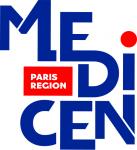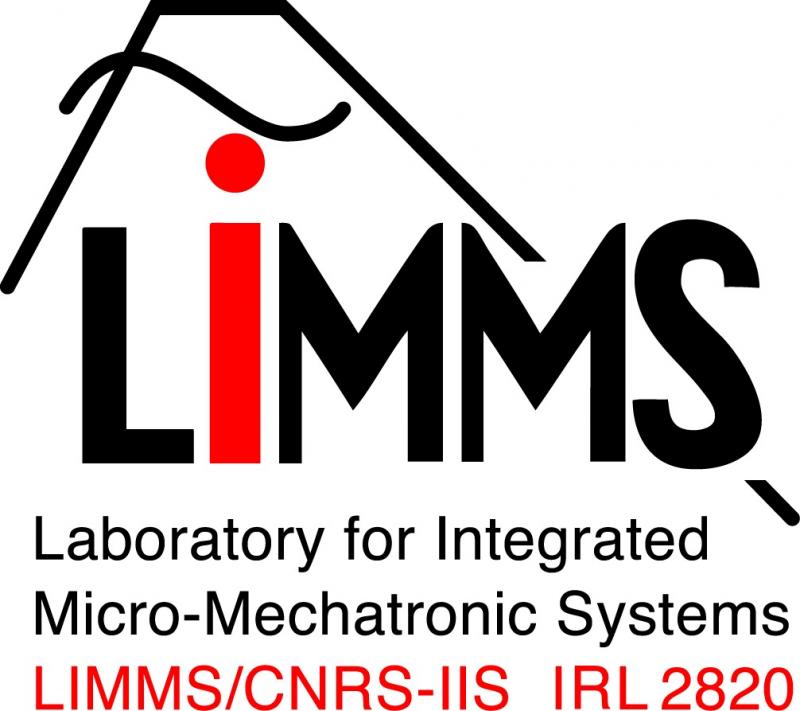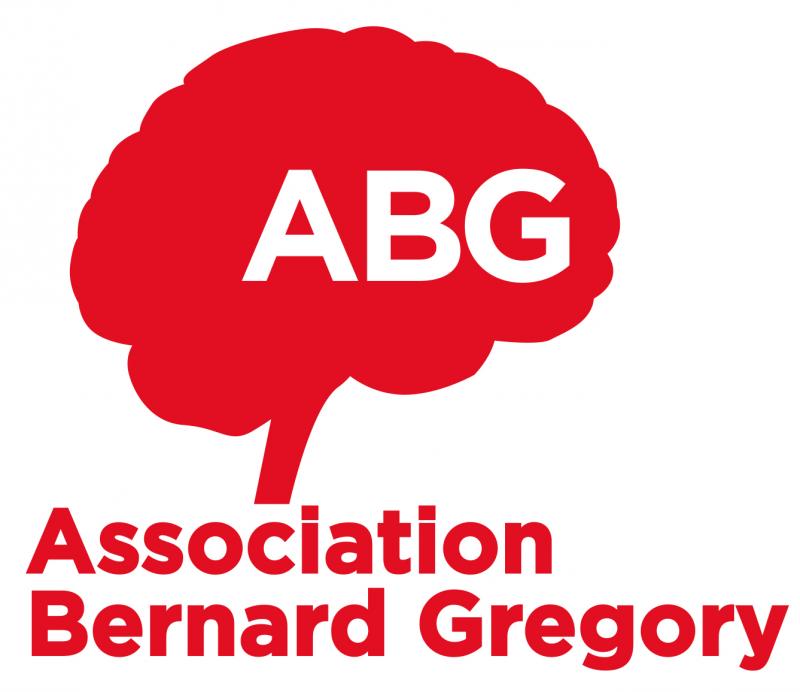A PhD in Brazil
Fabrice Martin
Since July 2005, after years of study and research in Italy, Brazil and Germany, Roberto Santoprete has been working as a researcher with L’Oréal.1/ Why go to Brazil to do a PhD?
I did all my studies in Italy up through the pre-doctoral degree. Once I got it in 1999, I wanted to go abroad. I chose Brazil for two reasons. First, my girlfriend at the time was Brazilian, and second, I knew a Brazilian physicist. You have to realize that in Brazil, it’s important to choose the research center you apply to carefully, because some of them do not have enough international connections.
2/ How did you make your choice?
The Federal University of Rio has a very good reputation in my field, which is physics. Professors whom I’d asked for advice before leaving for Brazil had told me it was probably the best university. So I made some contacts there and later, while on vacation in Brazil, I took the university entrance exams.
3/ There are entrance exams for Brazilian universities?
Absolutely. Applicants to the PhD program have to take exams.
4/ What does the selection procedure involve?
They do a preliminary selection based on your résumé and there are also written tests. In my field, it was a 4-5 hours physics exam. You had to solve a number of problems. Then there’s an oral exam during which the panel assesses the applicants’ motivation.
5/ After that, are the applicants ranked?
Yes. I ranked in first place. I got a scholarship to my PhD at the same time I'd applied to another research Center: the Brazilian Center for Research in Physics in Rio. I ranked highly there also but in the end, I opted for the University.
I should point out that in Brazil, a PhD usually last four years. The first year you take classes and you don't have to choose a thesis supervisor right away. It's the same thing in Italy. I chose an internationally known supervisor and started to work on a project involving collaboration between Brazil and Germany. Right from the start of my thesis, I knew I would spend part of my time in Germany, but that doesn't mean it was a co-supervised thesis. My thesis supervisor was Brazilian.
6/ What did you do once you finished your thesis?
Once I got my PhD, I had the choice of staying in Brazil or doing a postdoc in Germany. My wife was in France at the time. Neither Brazil nor Germany was ideal to accommodate both my private and professional life, so I decided to look for a postdoc in France.
7/ Why didn't you go for a steady job right away?
I figured it would be easier to find a postdoc in France than a job. I thought a postdoc would give me time to get better acquainted with the French job market. I started by looking for a postdoc in a major engineering school in order to make contacts with industrials, because I wanted to work in the private sector later on. That's when I found out about ABG (the Bernard Gregory Association). I registered and regularly consulted online job offers.
Since I’d done my thesis in Brazil, I wasn't able to take part in the Doctoriales® which only exist in France, and that's a shame. I find it a very interesting experience, because, like a lot of physicists, I didn't know what I could do outside of public-sector research.
8/ When you did your postdoc, you knew you wouldn't go into state-sponsored research. Why is that?
I wanted a more challenging career. I wanted to find out what a physicist could do in the corporate world. In the academic world you have to publish, publish, publish, whereas I wanted a job that involved management.
9/ Not just research, finally.
That's right. I wanted to put projects together and coordinate research teams. It's true that you can do that in the academic sector, but I had the feeling that in a company, you could reach that level faster, without being in a senior management position.
10/ After your postdoc, how did you handle your job hunt?
It took me about two months to decide what companies I wanted to apply to. ABG played an important role in drawing up this list, as did the Polytechnique’s X-forums. Then I put together my résumé, I sent out spontaneous applications and I answered job offers published on the ABG website, including one from L'Oreal.
11/ In your opinion, what is it that attracted L'Oreal? Your international profile? Your specialism?
In addition to high-level and diversified scientific skills, essential in my mind, my international background was also very important. I had worked on a variety of subjects in physics: I didn't work on the same thing in the early years of graduate school as I did later for my doctoral research, and in my postdoc idea it was something else again. My postdoc at Polytechnique and my experience in Germany with Max Planck were also strong points, I think.
12/ With your baggage, you could've gone for an academic career. You don't regret it?
You have to be ultra-motivated to get a job at the academic world. You have to be prepared to accept one short-term contract after another for a number of years, and the salary is not very high.
13/ Do you have any plans to return to Brazil in the future?
In Brazil, in the private sector, it's not easy to find a job in R&D because there aren't very many big companies. The only ones that I know that do research are Petrobras and Embraer.
14/ What advice would you give young researchers who are tempted to move to Brazil?
A postdoc in Brazil may not be a bad idea. I did my thesis there, and that was more of a risk. In any event, you have to be prepared to be able to justify your decision to go to Brazil, unfortunately.
If you want to stay in academic research, it may be more of a disadvantage to go to Brazil than to the United States, because there are more prestigious research labs in North America. As for private sector research, other qualities come into play, so it may be less of a disadvantage to go to Brazil.
Interview conducted by Evelyne Jardin on April 5, 2006.
Get ABG’s monthly newsletters including news, job offers, grants & fellowships and a selection of relevant events…
Discover our members
 ADEME
ADEME  Groupe AFNOR - Association française de normalisation
Groupe AFNOR - Association française de normalisation  Laboratoire National de Métrologie et d'Essais - LNE
Laboratoire National de Métrologie et d'Essais - LNE  SUEZ
SUEZ  Ifremer
Ifremer  ASNR - Autorité de sûreté nucléaire et de radioprotection - Siège
ASNR - Autorité de sûreté nucléaire et de radioprotection - Siège  Institut Sup'biotech de Paris
Institut Sup'biotech de Paris  Aérocentre, Pôle d'excellence régional
Aérocentre, Pôle d'excellence régional  TotalEnergies
TotalEnergies  Nokia Bell Labs France
Nokia Bell Labs France  ONERA - The French Aerospace Lab
ONERA - The French Aerospace Lab  ANRT
ANRT  Servier
Servier  Tecknowmetrix
Tecknowmetrix  Généthon
Généthon  Medicen Paris Region
Medicen Paris Region  Nantes Université
Nantes Université
-
JobRef. 135984Tokyo, Japon
 Fellowship of the JSPS (Japan Society for the Promotion of Science) at LIMMS/CNRS-IIS (IRL 2820), Tokyo
Fellowship of the JSPS (Japan Society for the Promotion of Science) at LIMMS/CNRS-IIS (IRL 2820), TokyoPD fellowship of the JSPS on the project :Smart Neuro-Interface for Home Autonomy: NEUROHOME
Scientific expertises :Electronics - Psychology, neurosciences
Experience level :Junior
-
JobRef. 136133, Ile-de-France , France
 Association Bernard Gregory ABG
Association Bernard Gregory ABGFormateur.rice
Scientific expertises :Open to all scientific expertises
Experience level :Any
